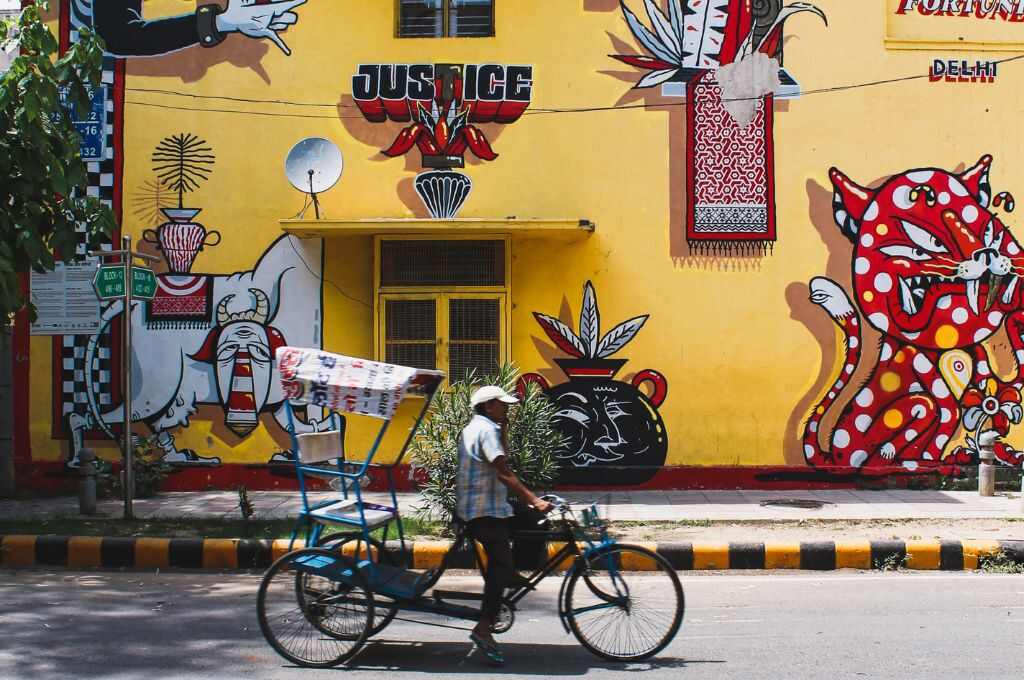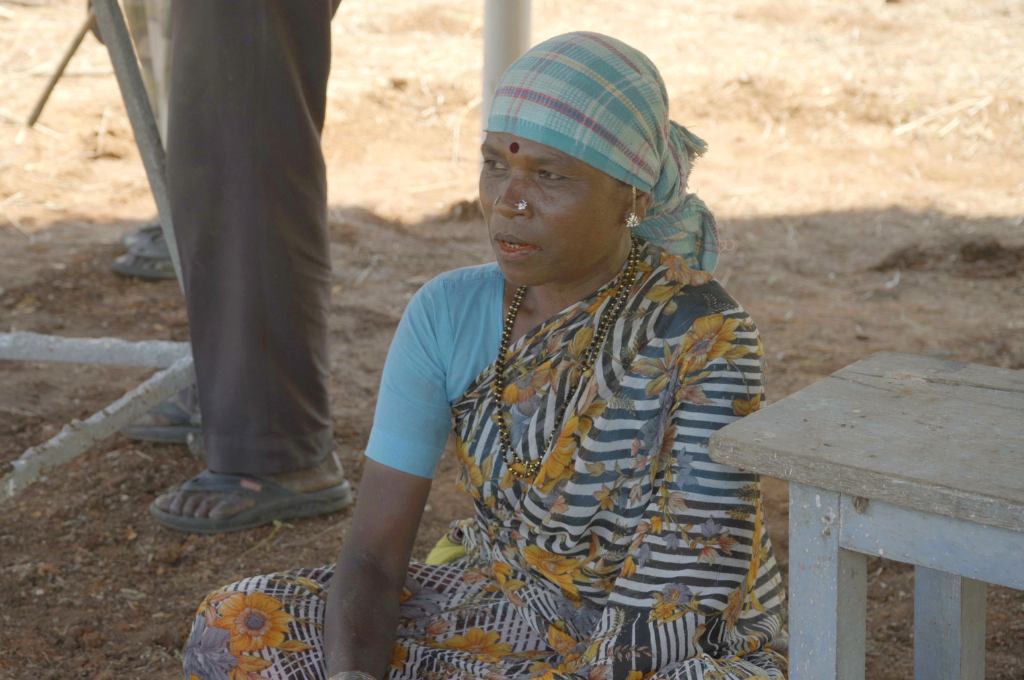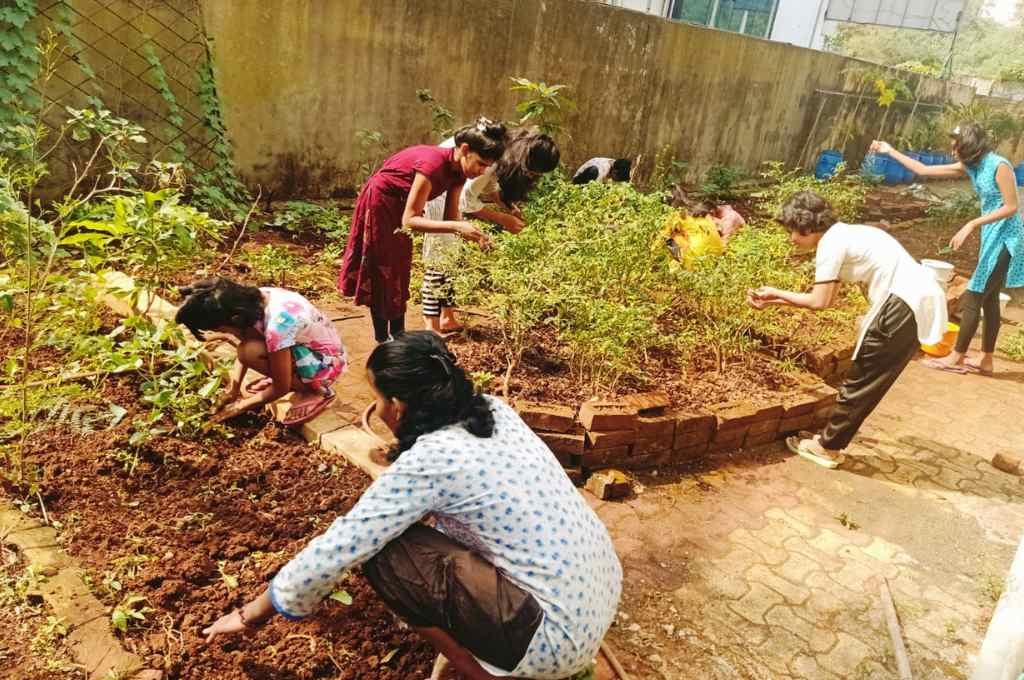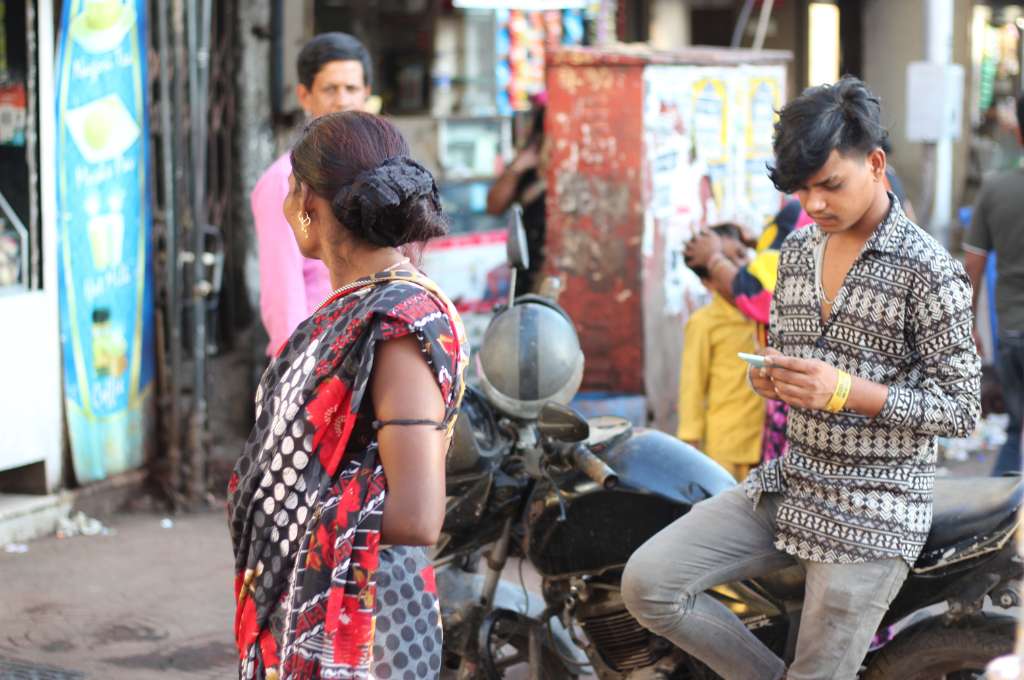I have been working in the social sector for more than two decades. My time at various nonprofits led me to realise that the social sector in India is yet to truly engage with the issues that confront communities such as mine—the Ghisadi Gadia Lohar community, a de-notified tribe (DNT). Nomadic and de-notified tribes (NT-DNTs) were falsely labelled as ‘criminal’ tribes by the colonial British rulers when they passed the Criminal Tribes Act in 1871. Ever since, these communities have been stigmatised and discriminated against, even after the Criminal Tribes Act was repealed in 1952.
The social sector has neither the language nor an understanding of the complexities faced by marginalised communities such as NT-DNTs. While the NT-DNT communities are often excluded from welfare schemes and development initiatives, there’s very little written or spoken about the impact of continued discrimination and neglect on their mental health. From my own experiences since childhood, I knew that the mental health of marginalised people cannot be seen in isolation from their struggle for social mobility, dignity, education, and more. So how can the current mental health discourse in the country—a large part of which continues to look at psychological well-being only as a medical matter—ever include them?
More than a medical discourse
When someone is hyper or behaves indifferently, one might say they are suffering from some kind of mental distress and treat them for it. Or, they might be diagnosed with anxiety or depression. This approach is akin to performing a post-mortem on the person without addressing what affected their well-being. In the current mental health discourse, they are an anxious, depressed person, and that is the conclusion. But who is going to identify the root cause of this anxiety and depression? I am not an expert on mental health, but I recognise that historically there have been alternative approaches to addressing mental health that have worked, even if they have not been documented.
Think about Savitribai Phule’s work with women. She has always been associated with education, but most people forget that she also worked with single women, widows, and survivors of sexual violence and domestic abuse. When these women were pushed to the wall, some of them would attempt to end their life. Savitribai would bring them home and listen to them. Was she not involved in suicide prevention and counselling? Did she not make resources available to the women? She might not fit the definition of a professional counsellor, but she had a strong understanding of the historical injustices that marginalised people face and worked to address those.

There’s no magical cure for injustice
I came second in my school in standard 12, but I could not pursue higher education until years later. I constantly felt that I wasn’t competent enough; it took me a lot of time to understand that my lack of confidence was a product of systemic oppression.
For thousands of years, our people have been told that they are inferior to the privileged few.
As people from marginalised communities, we often ask ourselves: Why can’t I do something that others can? If we can’t find answers and there is no one to help us with our queries, we start blaming ourselves and our community. Where do these self-perceptions come from? Is this the result of an underlying mental illness? No, it is a product of discrimination and social hierarchies. We need conversations that address the root causes of our mental stressors.
For thousands of years, our people have been told that they are inferior to the privileged few. They have heard their caste being mocked in daily conversations. They have read epics and listened to oral narratives where Asuras are portrayed as demons. If you visit Jharkhand, you will realise that Asur is a tribe with a distinct cultural history. Even today, when false cases are filed against people from DNT communities, they are for theft, burglary, and robbery and act as a reminder of a criminalised past. It is as if we are constantly being told that if we stray away from our boundaries and raise our voices, there will be consequences.
We are told that the British took away the lands and resources of the NT-DNTs, and while this is true, the actual process was carried out by the zamindars. It was a violent cocktail of caste, class, and gender biases, and it continues to this day. Many NT-DNT communities are nomadic out of their need for survival; if they want to settle down, is land available for them? Is the rest of society willing to provide them with land and other resources that they will need to settle?
Mental health must also be viewed and understood through the lens of social justice.
Today, we hear nonprofits and mental health practitioners talk about the need to make mental health accessible to those who have been marginalised by society. It is a good first step, but mental health must also be viewed and understood through the lens of social justice. And we need to work towards mental justice. The concept of mental justice, as I see it, also includes advocating and facilitating people’s rights to development, opportunities, participation, and leadership as safeguarded by India’s Constitution.
A road map to mental justice
The systems that oppress marginalised people have been created over a long period of time. It won’t be easy for any nonprofit to dismantle them in a day, a week, or even a few years. But the work must start somewhere.
I founded Anubhuti Trust in 2016 to build leadership among grassroots communities and enable them to lead the change that they need, explore the truth behind their experiences, reclaim their powerful and progressive Bahujan histories, and represent themselves. They are the experts on the problems that confront them and can participate in and contribute to wider intellectual, social, and political processes.
Through our work we have learned that one does not need to work exclusively on mental health to address mental justice. There are efforts that can be taken within an organisation’s existing work that can go a long way in delivering mental justice to marginalised communities. Here are some examples:
1. Conduct action research
At Anubhuti, much of our learning comes from interacting with communities where they live and speaking with them about their experiences. Recently, while surveying NT-DNT communities in Thane, Maharashtra, we learned that some people don’t even expect to have access to toilets or sanitation facilities, since the land they live on is not theirs and they don’t have documents. So we understood that they need to know about their fundamental rights and how these can be accessed, and they need local representatives—from within the community. Nonprofits can learn from simply speaking with communities before they start working on delivering benefits to them.
2. Find a language of communication
Nonprofits must use language that can be easily understood by the community they are interacting with. Of course, one should be able to speak in the vernacular language of the community but there’s also a need to gain on-ground understanding of their lived reality. Institutionalised language won’t work. The examples and anecdotes used in communication should be rooted in the experiences of the community.
Anubhuti has learned and is still learning from its mistakes. Once we had a counsellor who suggested to a woman that she read books after work, without knowing that she works till 3 am; this kind of approach discounts lived realities.
On a related note, we can also reduce the complexity that is often associated with discussing mental health. At Anubhuti, we have started organising cultural events where people paint, sing songs, write poetry, and explore other forms of creative expression. This can be a means for them to communicate their experience of sadness or loneliness—and this is an opportunity to have a discussion about mental health, without imposing an external narrative.
3. Build a culture of exchange
Development and mental health practitioners must approach marginalised communities with an openness to learn. This helps address some of the power imbalance that is inherent in these interactions. There must be an openness to listen and learn while helping communities access health facilities, social benefits, and more. After all, there can be no solution without addressing the root cause of the problem, and you will only know what this is when you are open to learning about it.
4. Dismantle harmful narratives
There is a tendency in the development and mental health sectors to focus on the narratives of struggle of the marginalised communities, even in conversations with them. This approach reinforces the idea that people are helpless, which isn’t beneficial for those who have already grown up on harmful narratives about their identity and culture. The focus should instead be on helping them recognise the richness of their culture and heritage, and building a rights-based understanding of the root causes of their situation.
Society assumes that nomadic communities wander aimlessly, when the reality is they have their own maps and traditional knowledge of rivers and seasons that guide them. Conversations with these communities should be built around such empowering narratives that help them believe in themselves.
Since Anubhuti works with Bahujan people, we engage in discussions about the Bahujan movement and Ambedkarite politics. We take children to Savitribai Phule’s Bhide Wada school in Pune so that they can visit the place where many first-generation Bahujan women started their education. We think that rather than attending lectures in a room, these field visits and the subsequent conversations that they spark help children, youth, women, and community leaders learn lessons about the leadership, heritage, and mental capacity of their communities.
5. Create awareness about laws, rights, and policies
India has progressive laws such as the Mental Health Act, 2017, which was enacted to provide mental healthcare to all who need it. The Indian Constitution is another vital tool that marginalised people can use to fight for their rights. Our fundamental rights don’t discriminate between individuals. We need to make people aware of their constitutional rights and help them find ways to access these rights.
Organisations themselves must institute and enact policies that protect their teams and programme participants from discrimination.
Apart from this, organisations themselves must institute and enact policies that protect their teams and programme participants from discrimination—whether caste-based, gender-based, or otherwise—and ensure their mental well-being. When an organisation institutes policies, it creates an opportunity for all stakeholders—funders, employees, board members, and others—to read, review, and question them. This is an open, healthy, and transparent way in which to create a work environment that promotes mental justice.
The social sector needs to redefine priorities
It will be a long journey for the social sector to develop a truly inclusive model of engagement with marginalised communities. We cannot ignore the fact that the sector itself is mired in patriarchy, casteism, classism, and all the other issues that it intends to fight. The direction that the social sector takes today is heavily influenced by funders and funding organisations, but to truly serve those who are the most marginalised, we must remember that funding is just a tool that supports the way forward. At Anubhuti we constantly remind ourselves that we must not let rigid structures, the burden of project deadlines, and funder demands take over our goal of working with communities while subscribing to a feminist and anti-caste ideology.
—
Know more
- Learn about the relevance of India’s Mental Health Act, 2017.
- Understand how caste intersects with mental health in India.
- Learn how mental healthcare in India continues to fail marginalised people.





